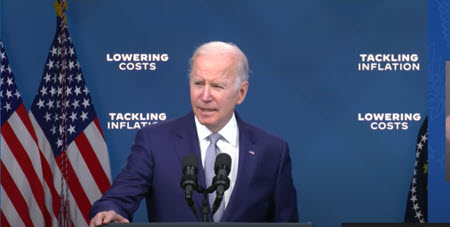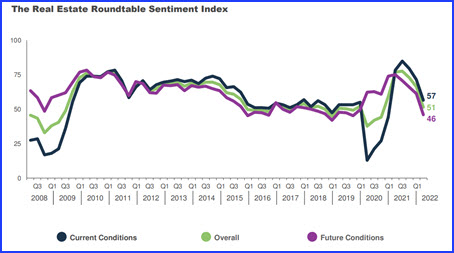Roundtable and Nareit Raise Concerns to SEC About Proposed Cybersecurity Rules; SEC Climate Proposal Stokes GOP Criticism

The Real Estate Roundtable and Nareit raised concerns to the Securities and Exchange Commission (SEC) about their proposed rules related to cybersecurity risk management, strategy, governance, and incident disclosure. (
Comment Letter, May 9)
Industry Concerns
- The letter states that The Roundtable and Nareit generally support the SEC’s efforts to ensure that investors receive accurate and comparable material information regarding company cyber risk management and incidents. (SEC News Release | Proposed Rule | Fact Sheet)
- However, the two industry groups expressed a number of concerns arising from the detailed, granular reporting that would be required by the SEC proposal and its rigid incident reporting deadlines, which may unintentionally exacerbate cybersecurity risks for issuers and impose unjustified burdens. Those concerns include:
- It is vital to harmonize SEC reporting requirements with other federal and state cyber incident reporting requirements.
- The Commission’s proposed 72-hour reporting window should incorporate flexibility for a reporting delay to accommodate other law enforcement and other contingencies.
- Registrants should not be required to report detailed descriptions of their internal cybersecurity gameplans, which could compromise them in any number of ways.
- The prescriptive requirements for disclosing risk management, strategy, and governance regarding cybersecurity risk are burdensome and unjustified.
- The letter also raises concerns about the highly prescriptive nature of the requirements set forth in the Proposal and the “one size fits all” presumption that the prescriptive requirements will be appropriate for all industry sectors.
SEC Climate Disclosure Proposal

- A separate SEC proposal on climate disclosure rules has drawn the ire of House Republicans, who have criticized the proposal and called for a hearing with the full commission. (E&E News, May 10)
- In a May 4 letter to SEC Chair Gary Gensler, a group of House Republicans led by Oversight and Reform ranking member James Comer (R-KY) stated, “The Climate Disclosure Rule would represent the largest expansion of SEC authority without a clear legislative mandate from Congress.”
- A regulatory push on multiple fronts by the Securities and Exchange Commission (SEC) prompted The Real Estate Roundtable and 24 other national business organizations to submit comments to Gensler about the need for more time to assemble meaningful stakeholder analysis as part of the rulemaking process. (Coalition letter, April 5 and Roundtable Weekly, April 8)
The
proposed SEC climate disclosure rule has no immediate effect. If it is finalized, the action could have a significant impact on the real estate industry, requiring all SEC registered companies to report on climate-related risks through annual 10-Ks and additional filings. (SEC
News Release |
Proposed Rule |
Fact Sheet, March 22)
# # #






